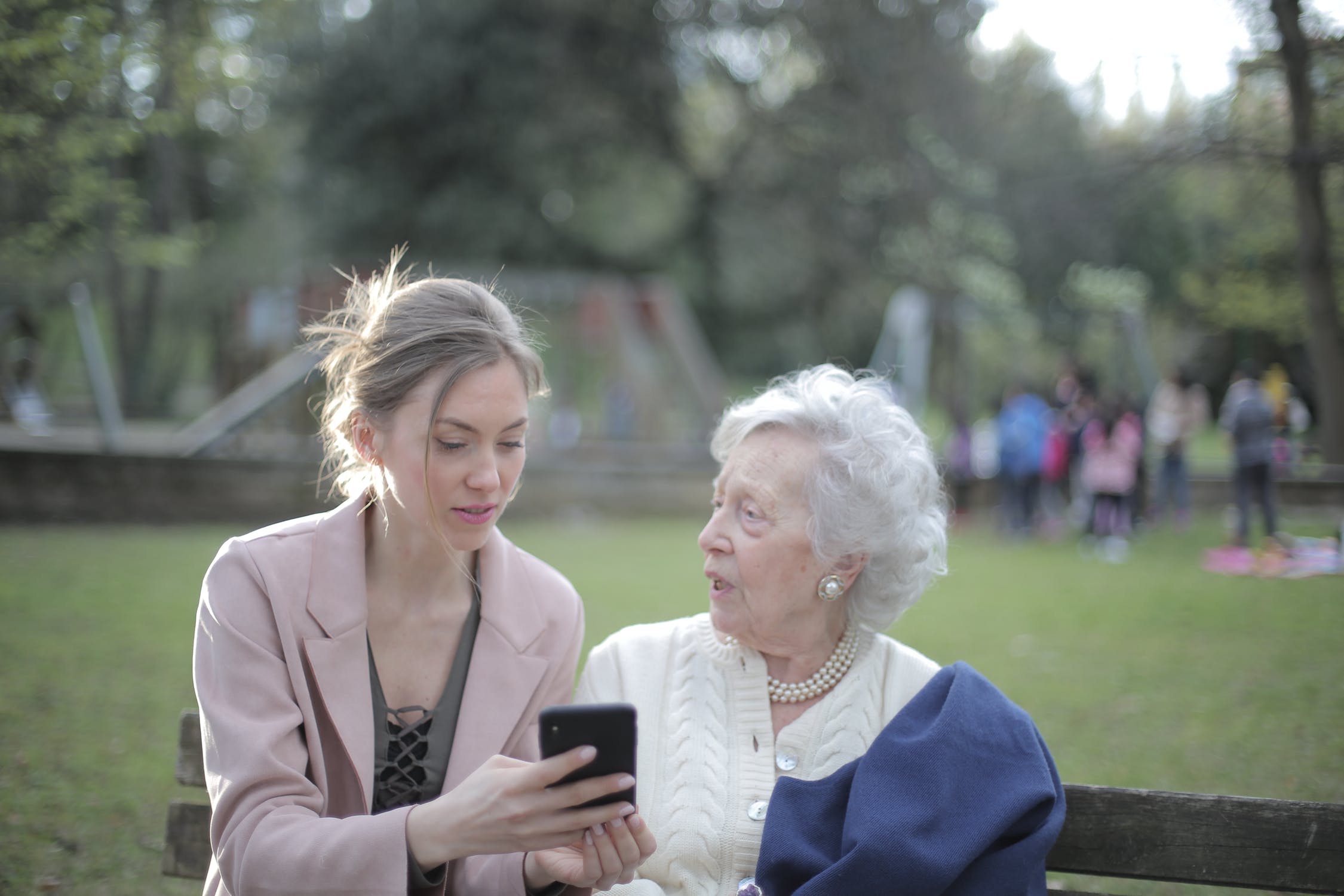Take Care of Yourself! When you become a care coach, the first and most important step is for you to take care of yourself. You can’t possibly give support to someone else unless you’re strong yourself. Set limits if you need to and make sure to do the things that keep you happy and healthy. Give yourself credit for doing the best you can in one of the toughest jobs there is!
Many of us know an older person with a serious illness or an ongoing health problem. In fact, half of all adult Americans have at least one chronic condition for which they need help from a caregiver, family member, or friend. If you’ve wondered how to show an older person that you care or how you can help them, here are some tips on how to be the best “care coach” or “care champion” you can be.
Build Confidence:
Help the person you’re caring for strengthen their confidence that they can get through their treatment. Support them in believing that they’ll benefit by undergoing the treatment or rehabilitation, as difficult as it can be at times.
Start with Small Steps
:
For example, encourage someone dealing with chemotherapy to take just a few sips of water or soup so they get needed fluids, even when nausea or lack of appetite makes it difficult.
If they have had a stroke or other mobility problem, help them take just a few steps, with the ultimate goal of getting to the bathroom.
Provide Repeated Encouragement
:
Tell them that they can eat some soup or take that short walk to the bathroom, and continue to reinforce the idea. Your encouragement should be realistic and repetitive.
Remember Their Successes:
Even when they feel that it’s impossible to eat any soup or take any steps today, remind them gently that they did it yesterday and can do it again today.
Exercise Compassion:
When the person you’re caring for is going through chemotherapy or other difficult treatment, sometimes the best way to help is to just sit and talk with them during their treatment—that helps take their mind off the process.
Or take them out for a milkshake when that’s all they can eat. For someone who has had a stroke, help them manage their fear of falling by supporting them when they get up from a wheelchair.
Avoid Useless Gestures:
Try not to say things like “let me know if I can do anything” or “call me if there is anything I can do.”
When someone is sick, they’re unlikely to ask for help. Take the initiative to provide concrete help.
Don’t Hesitate to Act:
Never be afraid to just DO or SAY something.
Don’t avoid getting in touch with someone to let them know you’ve heard about their illness.
Don’t hesitate because you’re afraid you’re intruding on the person’s privacy.
If you heard about their illness, it is no secret.
Never fear calling or sending an email or a card.
Show you care in any and every way.
You’ll know by their response if it helps.
Social support is critical to building their confidence and helping them get through their treatment or cope with an ongoing illness.
Offer Words of Encouragement:
Think of things that may have helped you through difficult situations in the past and share them.
This may be something as simple as sharing a favorite quote from a book that helped you put things in perspective or gave you hope in difficult times.
Such words of encouragement can help the person you’re caring for cope with their own challenges in treatment.
You can also share your experiences about things that have helped you be resilient and bounce back during challenging times.
Check in Often to Show you Care:
Check in repeatedly with the person you’re caring for. Educate yourself about their illness and the course of treatment they face.
Then call, email, or visit with them at times you know will be most difficult for them.
For example, with cancer treatment, the day of treatment may not be as hard as the days after, when the symptoms really hit. Find out their treatment schedule and check in with them then.
Ask Questions about Care Procedures You Are Not Comfortable Doing:
You may have to provide hands-on care that you are not comfortable doing such as giving someone an injection or taking care of a wound. Do not be afraid to ask questions of health care providers, even if you have been instructed previously on the procedure.
Make sure you feel comfortable and confident so that this type of care does not cause you anxiety or stress.

